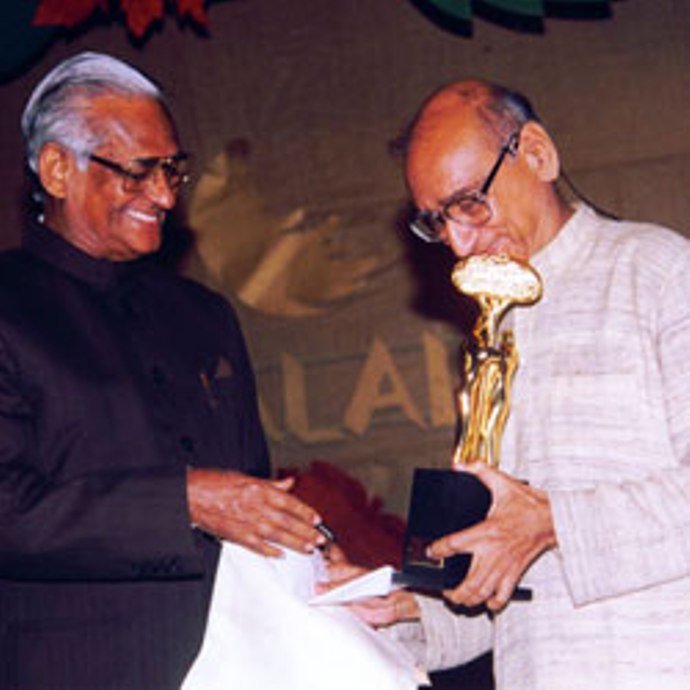Son of Gandhi’s Trusted Aide, This Unsung Man Dedicated His Entire Life to the Nation
A founder of the Sampoorna Kranti Vidyalaya, Surat, he was the first person to propose to the United Nations Peacekeeping Force without arms.
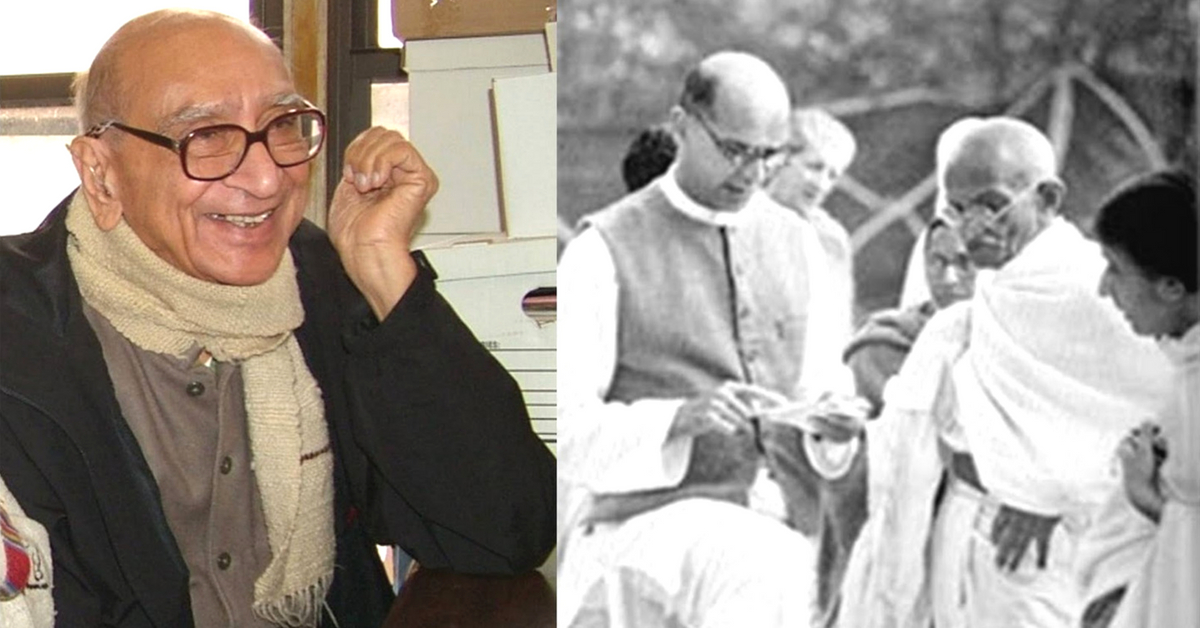
Mr Narayanbhai Desai spent his entire life in the constructive movement working for the welfare of the poor.
He assisted his father, Mr Mahadev Desai, who was Gandhiji’s Secretary and also Gandhiji, in all activities associated with the Bhoodan Movement started by Acharya Vinoba Bhave.
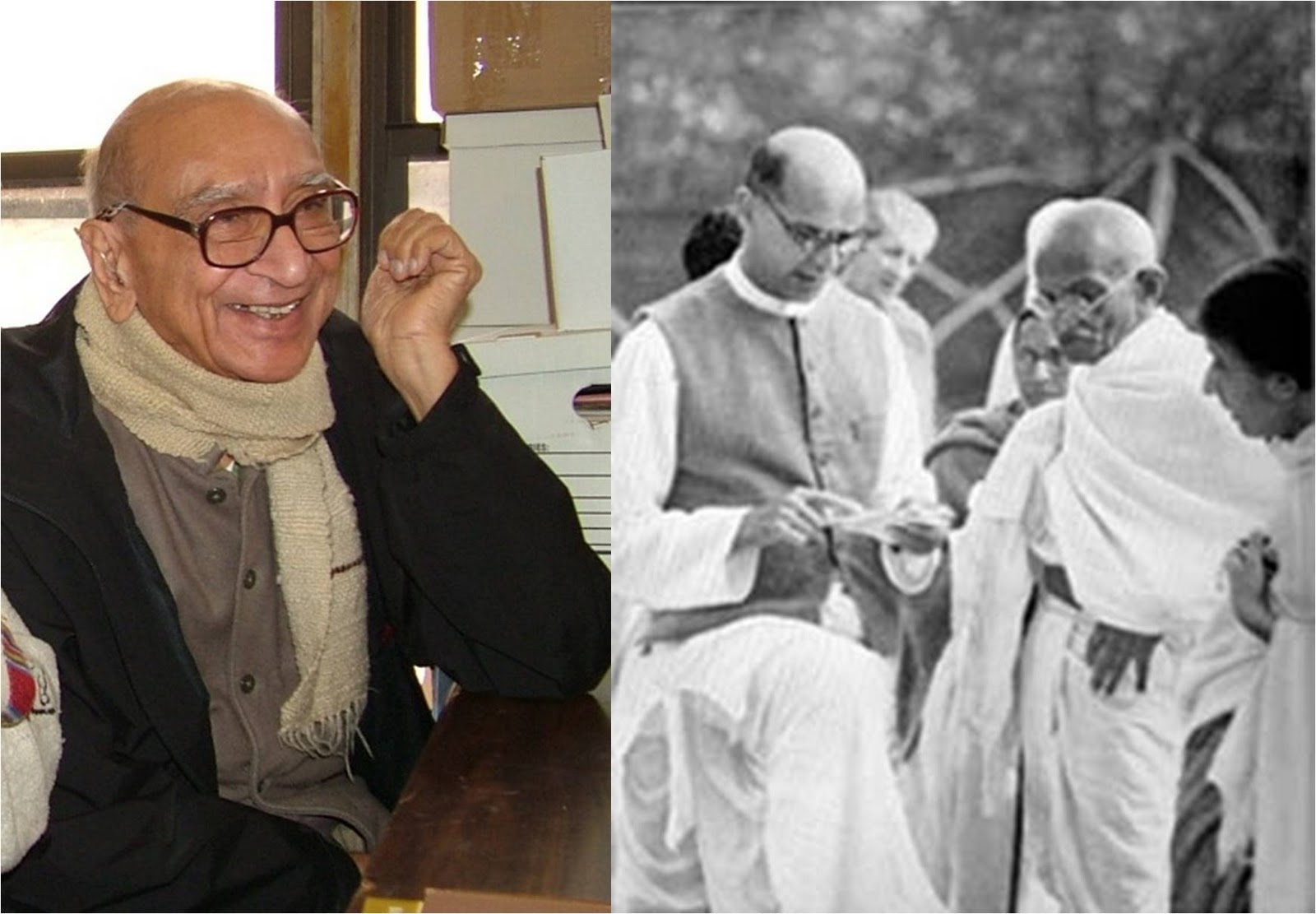
He was a participant in the Students’ Shanti Sainik Sena Movement started by Jaya Prakash Narayan which aimed to engage students all over the country in social work and help relieve poverty, illiteracy, disease and superstition.
A founder of the Sampoorna Kranti Vidyalaya, Surat, he was the first person to propose to the United Nations Peacekeeping Force without arms.
Also Read: Shocked By Famine, This Inspiring Hero Transformed Villages Across Ten States
Mr Narayanbhai Desai was an active participant in the Quit India Movement. He collected 3,000 acres of arable land under the Bhoodan Yagna Scheme of Vinoba Bhave and distributed it among the villagers. He introduced charkhas and undertook several social and economic programmes for the welfare of the poorest sections of the society.
Peace through nonviolence was his main mission. He trained peace volunteers and was the National Secretary of the Shanti Sena, where he recruited Shanti Sainiks, trained them and launched the Tarun Shanti Sena to work on the Indo-China border. This was an effective movement of national integration.
He also worked for the relief and resettlement of refugees from Bangladesh and organised an international Delhi-Beijing March.
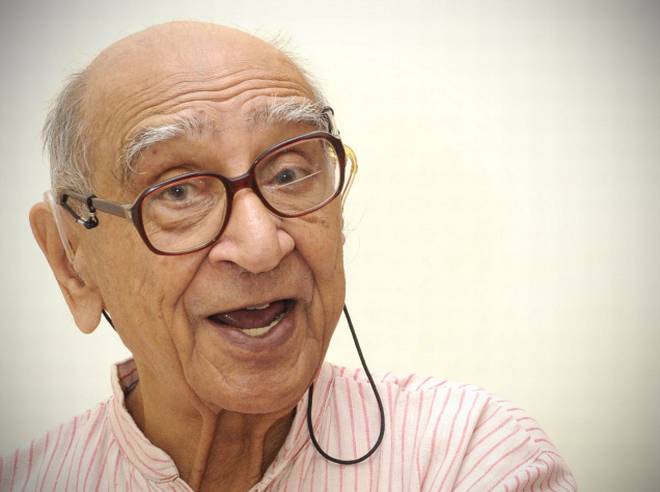
He also co-founded the Cyprus Resettlement Project (CRP), which was a pioneering experience of an international team of peace volunteers who worked for the conciliation between two warring nationalities.
Mr Narayanbhai was President of the World War Resisters’ International. In March 1995, he was invited by Nonviolence International at Washington D.C. for consultation on working of unarmed peace teams in situations of international conflicts.
Narayanbhai was also noted for his skills, which included spinning, weaving and folk dance. He authored over forty books in Gujarati, Hindi and English.
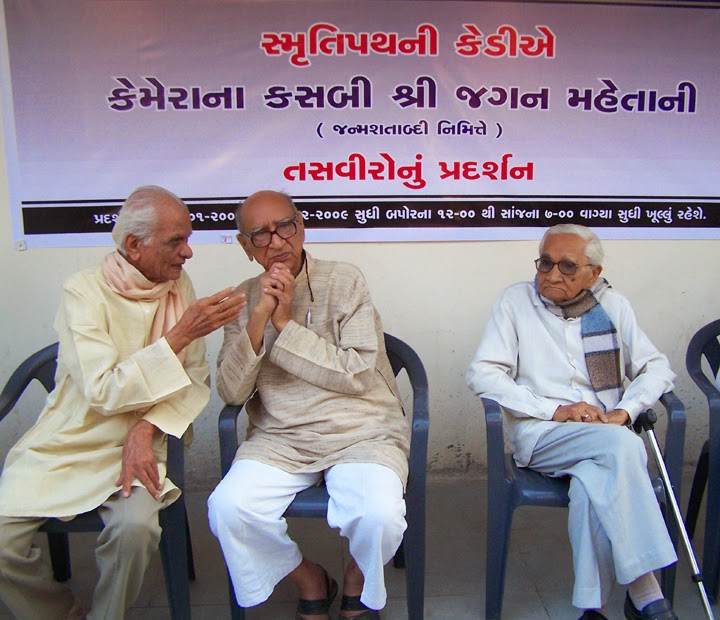
He won several awards such as the Harmony Award for National Integration; and the UNESCO International Madanjeet Singh Prize for tolerance and non-violence in 1998 “for his tireless work in favour of the promotion of inter-religious and inter-ethnic understanding, tolerance and harmony and his achievements in the education and training for non-violence and peace, as well as anti-nuclear activism.”
Narayanbhai was a crusader for peace through nonviolence, a pioneer in training and reforming youth, in executing programmes on Gandhian constructive work for the benefit of the vulnerable sections of society and for exemplary work in conflict resolutions and relief for refugees.
He was the recipient of Jamnalal Bajaj Award for Constructive Work-1999.
Like this story? Or have something to share? Write to us: [email protected], or connect with us on Facebook and Twitter.
NEW: Click here to get positive news on WhatsApp!
This story made me
- 97
- 121
- 89
- 167
Tell Us More
We bring stories straight from the heart of India, to inspire millions and create a wave of impact. Our positive movement is growing bigger everyday, and we would love for you to join it.
Please contribute whatever you can, every little penny helps our team in bringing you more stories that support dreams and spread hope.








